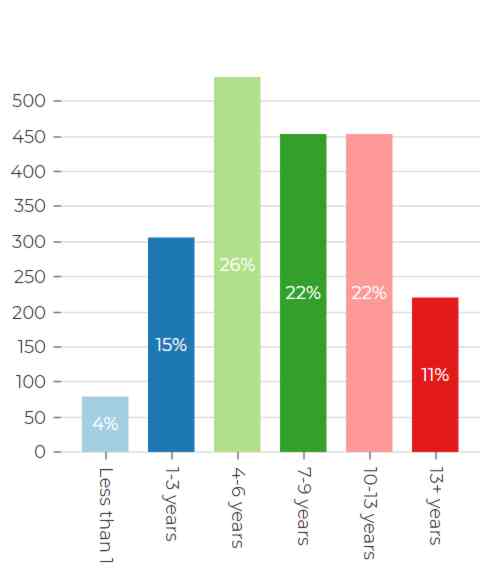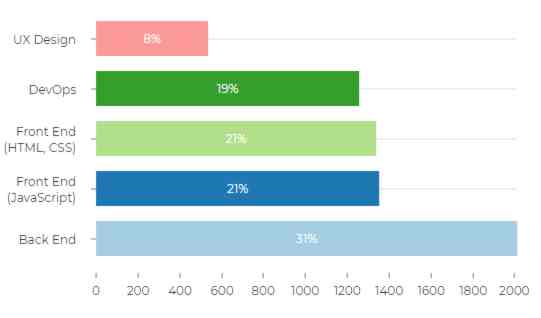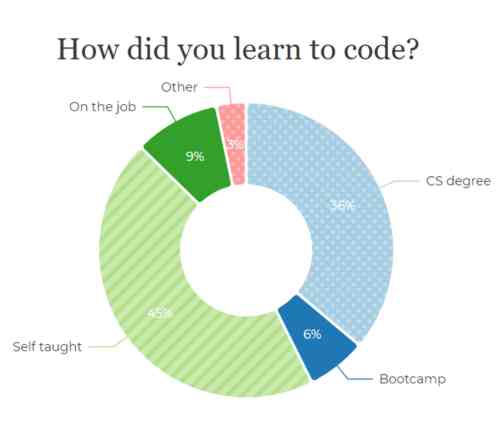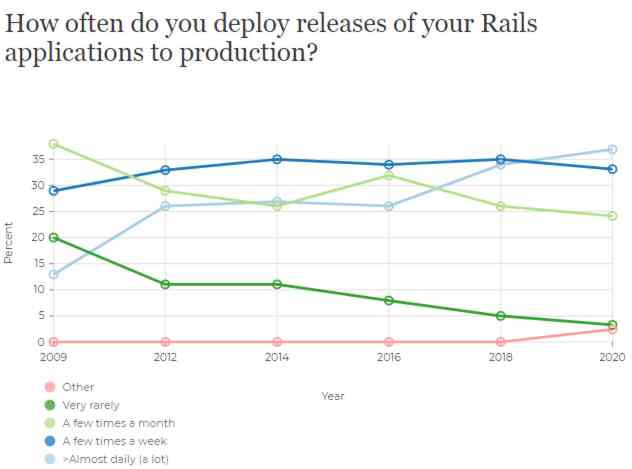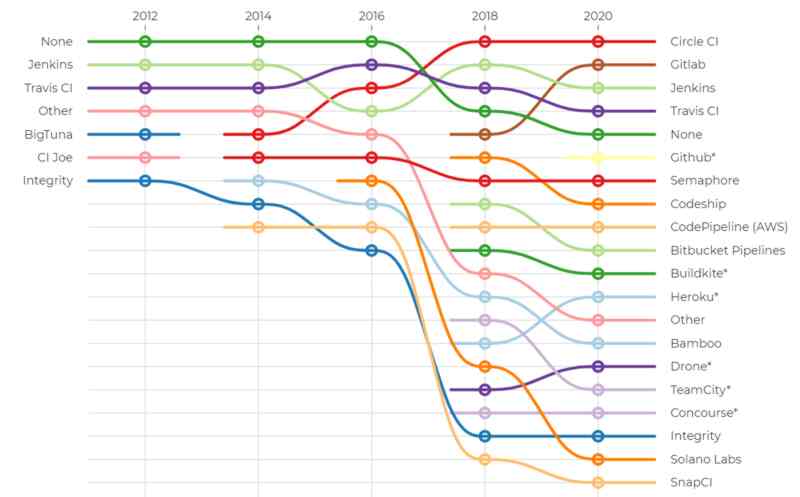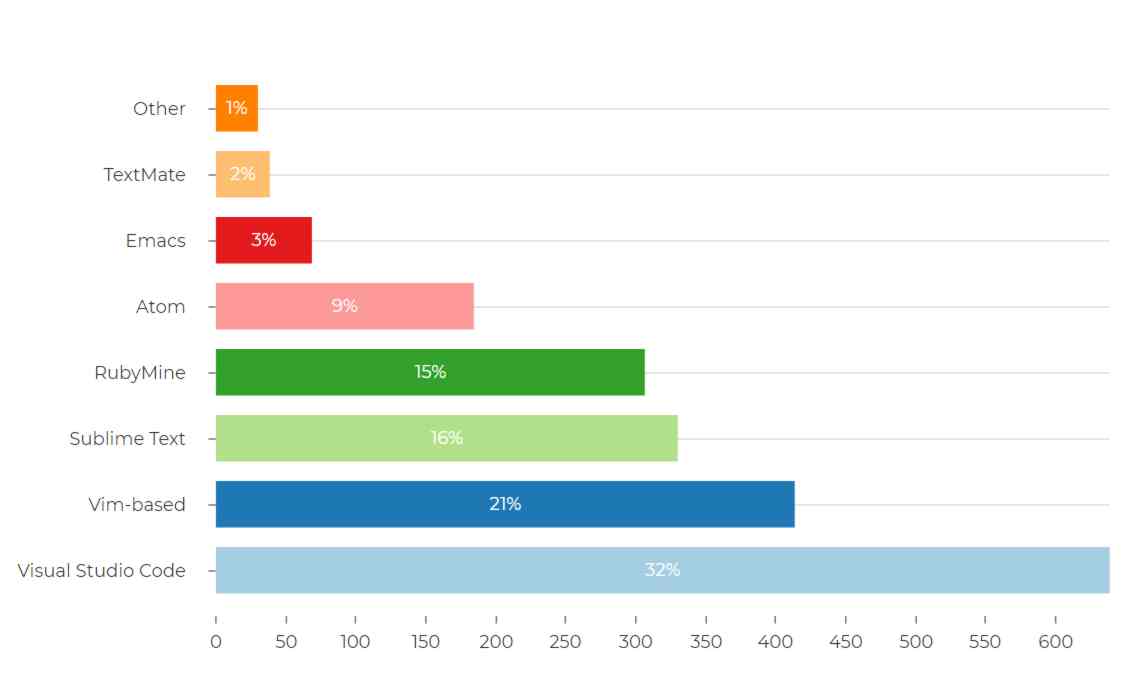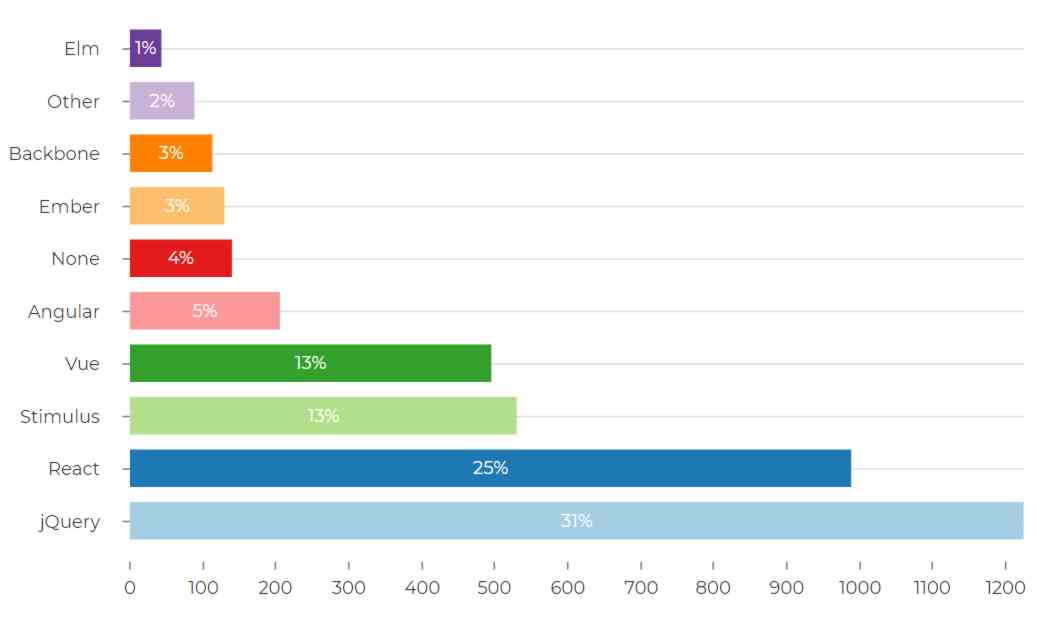| Ruby On Rails Survey |
| Written by Ian Elliot | |||
| Monday, 14 September 2020 | |||
|
The latest Ruby on Rails Community Survey from Planet Argon presents a wealth of information about Rails developers, and the tools they choose to use. 2,049 members of the Rails community from 92 countries participated in the 2020 edition of the Ruby on Rails survey. The vast majority (69%) worked for a product company, 15% were freelancers or contractors, another 14% worked for an agency and only 3% were looking for work. Half of the respondents typically work remotely and another 35% sometimes do so, leaving only 16% saying they Rarely or Never work remotely. Half the respondents had 7 or more year experience of developing with Rails and only 4% had worked with it for less than a year. The predominant team size is 2-4 developers (35%), another 32% are in teams of 5-15 devs and 17% are single-person teams.Half of teams are responsible for 2-5 Rails applications and 30% deal with only 1. In terms of job role these most of these developers would describe themselves either as Full-Stack or DevOps. You need to ignore the percentages on the chart - they add up to 100% but when you add up the responses to the question "What are your responsibilities in the stack?" you get 6494 - which is an average of over 3 choices per respondent. Unsurprisingly 98% of respondents included Back End among there responsibilities. Front End (JavaScript) was selected by two-thirds of respondents and nearly as many chose Front End (HTML/CSS). Over 60% added DevOps to their workload, but only a quarter were responsible for UX Design. One finding that caught my attention was the relatively high proportion who were self-taught coders and
Version 6.0 of Rails, the most recent, is used by one third of respondents, and variants of Version 5 is used by almost half. Almost a third are using the latest version of Ruby. Although this is the first time that I Programmer has encountered this survey. it is over a decade since it was initially conducted and shows some interesting changes over time. For example, this chart reveals a shift from the deploying new releases on at best a monthly basis in the majority of cases in the days of the first survey to Almost daily being the new norm: Back in 2009, the top response to Which Continuous Integration Servers do you use? was None with Jenkins and Travis CI being the two most popular. Over the years the other choices available in 2009 have been discontinued or faded away. While there are now a lot of CI servers to choose from only two have overtaken Jenkins and Travis. Circle CI is now the most popular for Rails, followed by Git Lab and None is relegated to 5th place.
Sadly there isn't a history about preferred editor as I'm sure there have been changes over time here. It is clear however that relative new kid on the block VS Code is the winner, while JetBrains' RubyMine, which impressed my colleague Alex Armstrong when he reviewed it, has gained a respectable share for a paid-for product. There are lots more charts to inspect in the survey results so I'll just present one more - What JavaScript libraries are you using alongside Rails? Here the clear winner is jQuery, which is used by 60% of respondents, again respondents could select multiple libraries, with React being used by just under half of them and Angular is only used by 10%. So if you are tempted to dismiss jQuery as having been eclipsed by these alternatives, it's time to think again.
More Information2020 Ruby On Rails Community Survey Related ArticlesRubyMine The Right Way To Do Ruby Fukuoka Ruby Award 2021 Prestigious Ruby Prize
To be informed about new articles on I Programmer, sign up for our weekly newsletter, subscribe to the RSS feed and follow us on Twitter, Facebook or Linkedin.
Comments
or email your comment to: comments@i-programmer.info
|
|||
| Last Updated ( Monday, 14 September 2020 ) |

